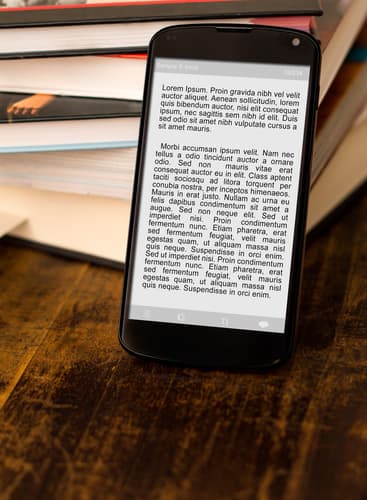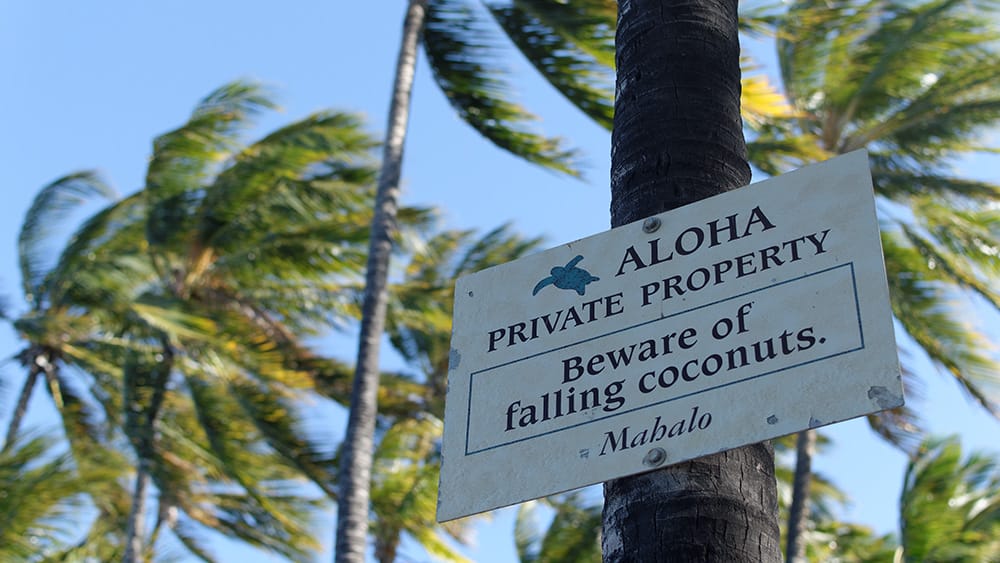Proposed Inheritance Law Update
We are big fans of our brothers across the Atlantic-the pint, the pub, the pound, the princess. But every now and then, the British contrive an idea that shouldn’t be exported (taxation without representation comes to mind). Recently, some United Kingdom lawyers proposed an update to inheritance laws that would allow emails, voicemails, and text messages to be used in place of formal wills. Current law, which the U.K. Law Commission calls “outdated” and “Victorian,” requires wills to be in writing and signed by the testator in the presence of two witnesses. Because the American legal system is based on English common law, the reform, which seems likely to pass, could migrate across the Atlantic. We believe that recognizing electronic wills as valid would lead to more estate and trust litigation.

The Law Commission argues that the current inheritance system, established in 1839, needs to be “updated and revolutionized to keep up with the digital age.” Electronic wills may be more accessible to the public, but they forego many formalities of the estate planning process that exist to ensure certainty and prevent litigation. By recognizing electronic wills, the Law Commission endorses the mistaken view that a “cost effective” or “do-it-yourself” estate plan is as effective as one prepared by an attorney. Our experience is that estate plans are cheap compared to the litigation arising from inept homemade wills. The problems associated with handwritten-or “holographic”-wills foreshadow the dangers of recognizing electronic wills.

Holographic Wills
Holographic wills are entirely handwritten and typically signed by the testator without a witness present or the help of an attorney. For example, a Czech man once realized his impending death and wrote on his bedroom wall: “VÅ¡e ženÄ›”-“everything to wife.” The “Guinness Book of World Records” lists this as the shortest will. Cecil George Harris was a close contender. When he became trapped under his own tractor, the doomed Canadian exercised impressive resourcefulness by carving his last will into the tractor’s fender: “In case I die in this mess I leave all to the wife. Cecil Geo. Harris.” We wonder if Mr. Harris, using his last moments of life to scratch his wishes into a tractor, may have wished to reconsider his decision to forego a formal will.
A common problem with holographic wills is that non-attorneys-not in the practice of drafting wills-often fail to consider all the eventualities that lawyers routinely take into account. Consider the California Supreme Court’s ruling in the Estate of Irving Duke. Duke prepared a holographic will in 1984 with two provisions: if he predeceased his wife, he gave everything to her; if he and his wife died at the same time, he split his entire estate between two charities. Duke’s wife died in 2002 and Duke died in 2007, leaving no spouse or children. In March 2008 the charities petitioned for probate. In October 2008, Robert and Seymour Radin, Duke’s sister’s children, laid claim to the estate as Duke’s sole heirs, arguing that their uncle died intestate. But how could this be when the will seemed to give the estate to the charities? The answer lies in in a crucial omission: Duke’s will did not provide instructions if he outlived his wife. The case went to the California Supreme Court in 2015-eight years after Duke died. The Court remanded the case to the trial court, resulting in further litigation. One missing sentence led to a decade of litigation and a fortune won or lost.
Another problem with holographic wills is that a drafting attorney is not present when the will is signed. The presence of the drafting attorney when the testator signs the will is an important formality of the estate planning process because often “the [drafting] attorney’s testimony, although not conclusive, is entitled to much weight.” Estate of Goetz, 253 Cal. App. 2d 107, 114 (1967). The attorney’s opinion is significant because he is in the best position to know the client’s intent at the moment the will is signed. Furthermore, a lawyer present at the execution of the will can provide evidence in future litigation that will help establish the validity of the will. Most important, the attorney will usually confirm that the client has testamentary capacity by inquiring about the natural objects of a client’s affection-her family-and the nature and extent of her bounty-what she owns.

Possible complications
Finally, electronic instruments can be easily fabricated or tampered with. We litigated a case in which a lawyer recorded a conversation with his elderly client. At one point, the recording stopped. When it picked up again the conversation had suspiciously shifted. The lawyer claimed that he flipped the tape, but we suspected that he had exchanged words with his client off the record, or worse, erased damaging portions of the conversation. These kinds of suspicions, and the expensive litigation they engender, could become common if electronic wills become permissible. After all, how difficult would it be for a cunning child to send email from an ailing parent’s computer?
We believe that recognizing electronic wills would be a monumental mistake. When formality goes, ambiguity and abuse run rampant. People stand to win and lose fortunes over missing sentences and careless phrases, and electronic wills make this all too easy.
UPDATE:
While no California court has upheld the validity of an electronic will, at least one court in Australia has https://www.yahoo.com/news/unsent-text-message-passes-australia-050804384.html, found an unsent text message to be a legitimate will. The message, found on the decedent’s phone after he committed suicide, was addressed to his brother, and read:
“You and (nephew) keep all that I have house and superannuation, put my ashes in the back garden… (wife) will take her stuff only she’s ok gone back to her ex AGAIN I’m beaten,”
According to the article “the message provided the man’s bank account details and was signed off “my will” followed by the smiling character.”













